Great Lakes Now, a program of Detroit Public TV is hiring a summer intern in partnership with the Knight Center for Environmental Journalism.
The 20-hour-per-week position pays $4,000 and starts May 15. Applications are open to current MSU students and recent alumni with experience reporting and writing about the environment.
The intern will search pitch, report, write and edit news articles for GreatLakesNow.org and partner websites, develop multimedia digital content to accompany articles, take part in planning meetings and potentially help develop segments for the Great Lakes Now monthly program for more than two dozen PBS channels and hundreds of Canadian cable providers.
Interns will get practical and realistic hands-on experience in one or more of:
News Reporting: Research, report and write stories for publishing on the site. Assist with research and pre-production for monthly show.
Digital Asset Creation: Creating visual elements for site both in conjunction with stories and to stand alone.
Applicants should be familiar with Microsoft Word, Excel, Outlook and Google Suite and have excellent online research skills and a general sense of administrative management.
How to Apply: Send links to at least three stories in an email and attach your resume and cover letter to:
HumanResources@dptv.org with “GLN Internship – MSU Journalism” in the subject line.


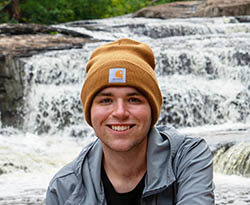

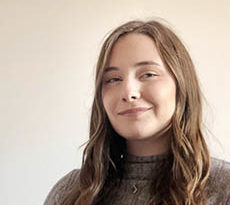
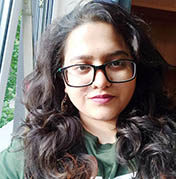
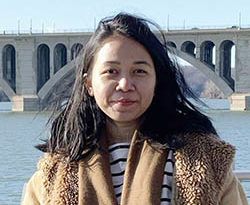

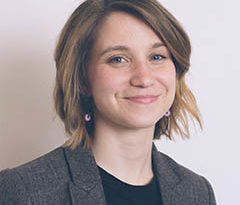
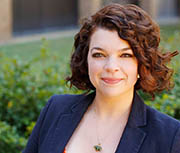

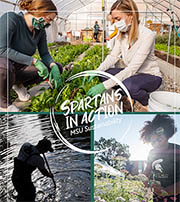 The Knight Center for Environmental Journalism is part of MSU’s “Earth Month 2021” fundraising campaign focused on showcasing university initiatives that support sustainability.
The Knight Center for Environmental Journalism is part of MSU’s “Earth Month 2021” fundraising campaign focused on showcasing university initiatives that support sustainability.